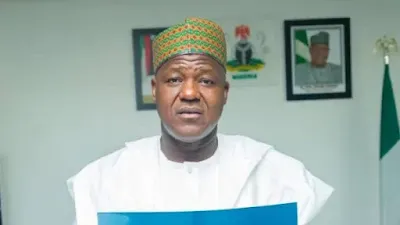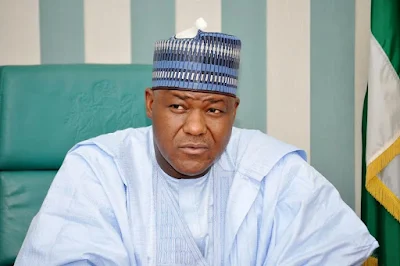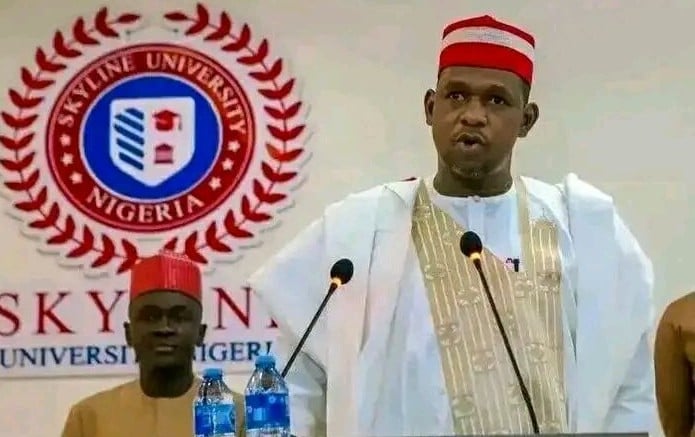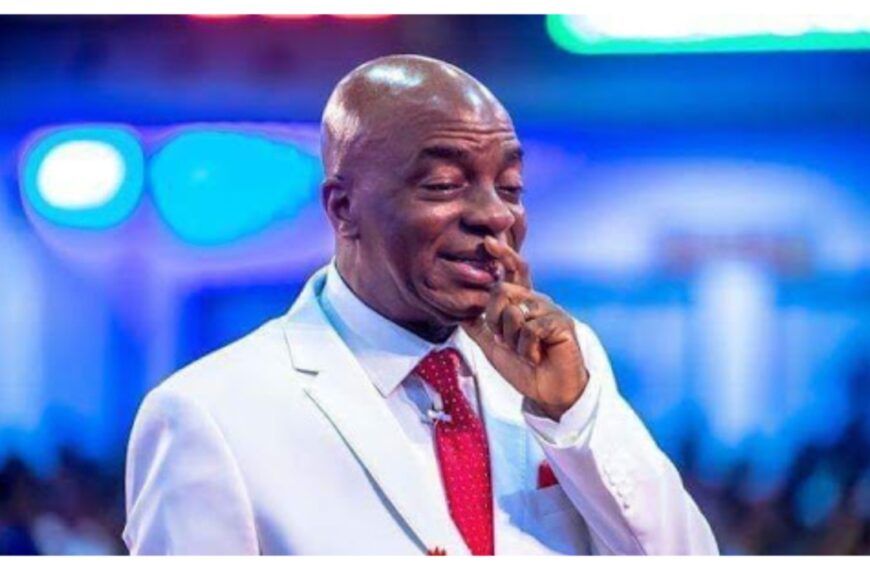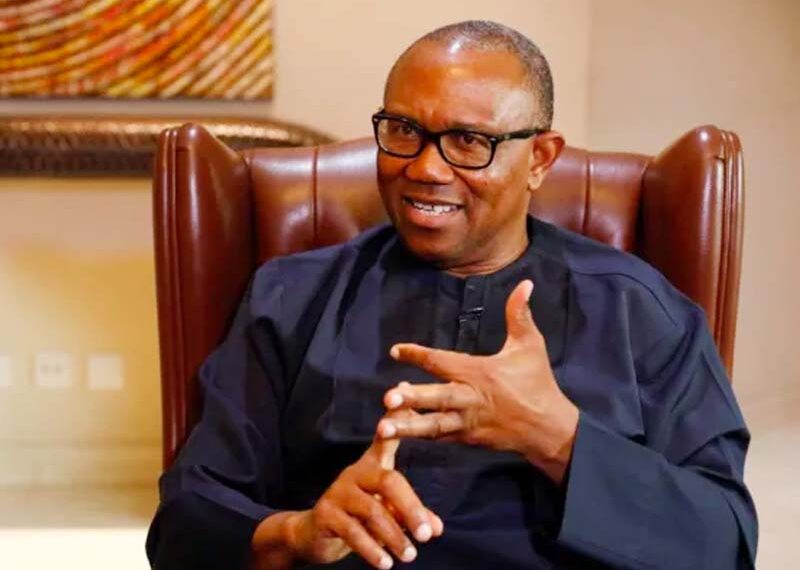The Lagos State chapter of the All Progressives Congress (APC) has issued a stern warning to former presidential candidate Peter Obi, urging him to refrain from celebrating Nigeria’s socio-economic and security challenges. The party described such acts as “unpatriotic” and “politically opportunistic,” emphasizing that public criticism should be constructive rather than celebratory.
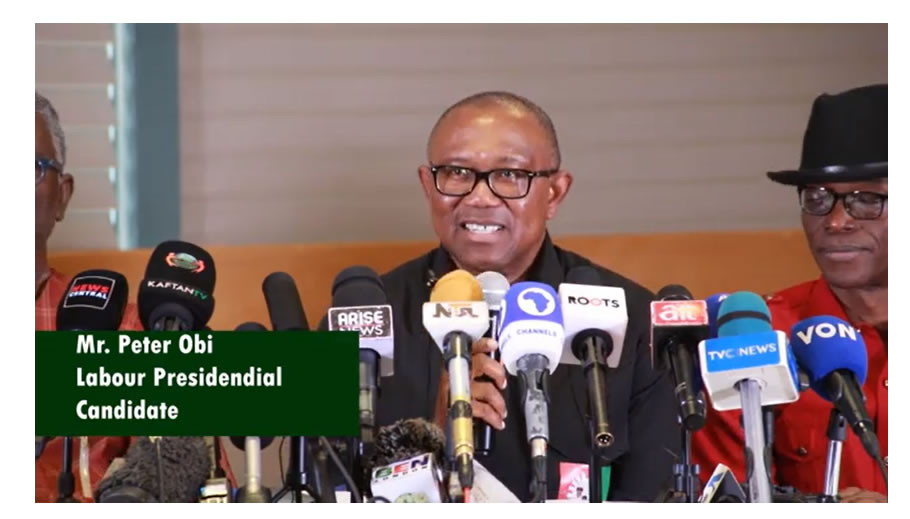
APC’s Position
In a statement released by the Lagos APC spokesperson, the party said Peter Obi’s recent comments on the country’s issues give the impression that he is taking pleasure in national difficulties. The party argued that:
- Political figures should focus on solutions rather than amplifying problems for personal gain.
- Celebrating crises undermines national unity and can erode public confidence in democratic institutions.
- Leaders and influential personalities have a responsibility to encourage dialogue and collaboration for addressing Nigeria’s challenges.
The Lagos APC also reminded Peter Obi that the country’s challenges—ranging from economic pressure to security concerns—affect millions of Nigerians and should not be politicized for partisan advantage.
Peter Obi’s Remarks
The remarks that triggered the APC’s response were made during a recent public engagement, where Peter Obi highlighted issues such as inflation, insecurity, and governance gaps. While he framed his comments as a critique aimed at promoting accountability, the Lagos APC interpreted them as insensitive and celebratory.
Political and Social Reactions
The exchange has sparked debate among political observers and the public:
- Critics of the APC: Some argue that defending Peter Obi’s right to critique government policy is essential in a democracy and that highlighting shortcomings is a necessary step toward reform.
- Supporters of the APC: Others agree with the Lagos APC, emphasizing that public figures should avoid statements that could be construed as gloating over national problems.
- Neutral observers: Analysts suggest that such exchanges are part of the normal political discourse in Nigeria, but warn that language matters, and public leaders must strike a balance between critique and sensitivity.
Broader Implications
The confrontation underscores broader themes in Nigerian politics:
- Accountability versus partisanship: Political actors often walk a fine line between holding governments accountable and being perceived as opportunistic.
- Public perception: Citizens increasingly judge leaders not just by policies, but by the tone and empathy expressed in their public statements.
- Media amplification: Social media and news platforms amplify every political statement, making sensitivity in communication crucial.
Conclusion
The Lagos APC’s message to Peter Obi serves as a reminder that political critique in Nigeria carries both influence and responsibility. While raising concerns about governance is vital for democracy, public commentary that appears to celebrate national difficulties risks backlash and can deepen political polarization.
Navigating the balance between critique and national solidarity remains a central challenge for Nigerian political actors, particularly in a landscape marked by economic pressures, security concerns, and heightened public scrutiny.

